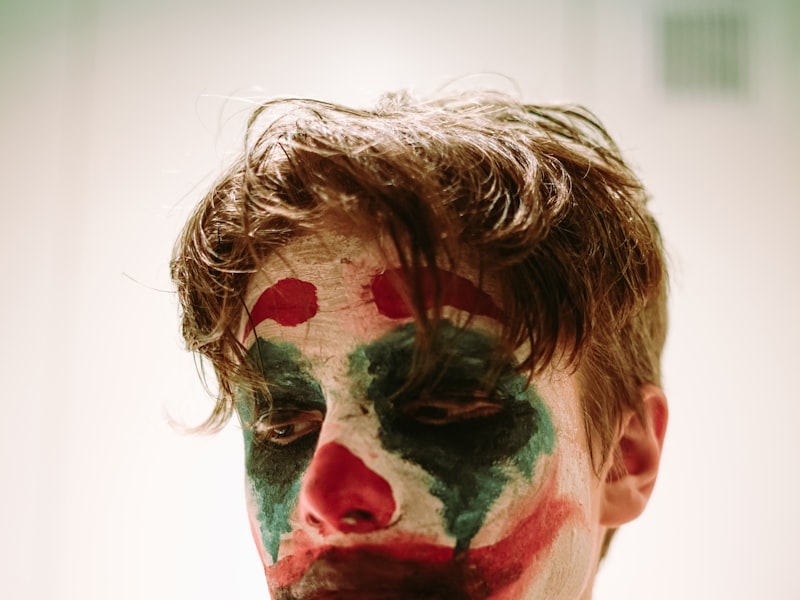Keno's Mysterious Origins Mysterious Origins of Keno

It is unclear the exact location from which Keno originated. The game is believed to have originated from a 1000-character poem for children. People in Macao were granted lottery licenses from the Chinese government. This was later a key location for games of lottery. Chinese immigrants built the first transcontinental railroad in the United States. Keno quickly became popular. Since since then the game has grown incredibly popular across the country.
The game's name comes from an old Chinese rhyme for children called"The "Thousand Character Classic." These poems were used as a way for children to learn how to read. Bai Ge Piao, which is literally "white dove ticket", is the Chinese game's name. However it is the Cantonese pronunciation is slightly different. In China the game is known as keno and is also known as Tai Chi game in Japan.
The game originated in China, and it is believed to originate from a poem written by children. It was also referred to as the "Thousand Character Classic", and was used to teach reading skills to children. Because the poem was written with a thousand characters , and did not repeat the poem became extremely popular. Chinese immigrants changed the title to keno in 1840s China. The term "keno" is French for five.
It's not known where keno originated. It is not clear which year it was when the game was first invented. The theory is that the Chinese Emperor, Cheung Leung, invented it to raise funds for his wartime efforts. Cheung Leung offered the public an enormous financial reward for a modest investment. It is believed to be the first national lottery. It became extremely popular because it was established to fund building the Great Wall of China.
Keno was invented in China and has grown in popularity rapidly from the 19th century onwards. The keno cash from the early China was utilized to pay for the Great Wall and army battles. It was played by Chinese colonists for many centuries. Then, they adapted the game to make it socially acceptable in America. In fact, the game spread quickly after the Chinese immigrants who worked on railroads came to the west. Keno is a very popular game played in America today.
Originally it was a game played only by Chinese players, however it has become a popular sport all over the world. It is believed to be the origin of the modern-day version of Keno. The Chinese emperor created keno in order to raise funds to build the Great Wall. It is used extensively in casinos. It is now regarded as a legal lottery game. It has become a favorite for Chinese citizens across a variety of countries.
Keno's Chinese roots go back to the rhyme of children. In ancient China, "The Thousand Character Classic" is a popular nursery rhyme. Its name comes from the Chinese word "yiren" (a thousand), which means "young" in English. The first 120 characters were the basis for the game that was a precursor to the present version. You can win big if you choose an unlucky number.
The game first appeared in China It is believed to be named after an rhyming poem for children. It is a classic, meaning "five". The belief of the Chinese that it was a method to raise money to build the Great Wall of China, and to protect their people. 안전놀이터 While it has a long history but it's not a new one. It's an old game that has an extensive history.
It is fascinating to learn about the roots of the game. About two hundred BC the game was first invented in China. According to Chinese legends, keno was created by the Chinese in the hope of raising funds to build the Great Wall. The Chinese Emperor invented the lottery, and the game actually goes back to the time of. In the 16th century, the game's name changed to "keno" and it's still a very popular gambling game.
By the mid-1800s, keno was a popular game in many American cities in the mid-1800s, including San Francisco and Houston. In the early 1900s the game had expanded to a variety of cities across the country. The game was initially played in cities such as San Francisco, Houston, Denver and Houston. In the 1880s, Keno was also a popular sport in many parts of the world. By the end of the 19th century, keno was widespread in a variety of cities, including New Orleans and the western United States.
